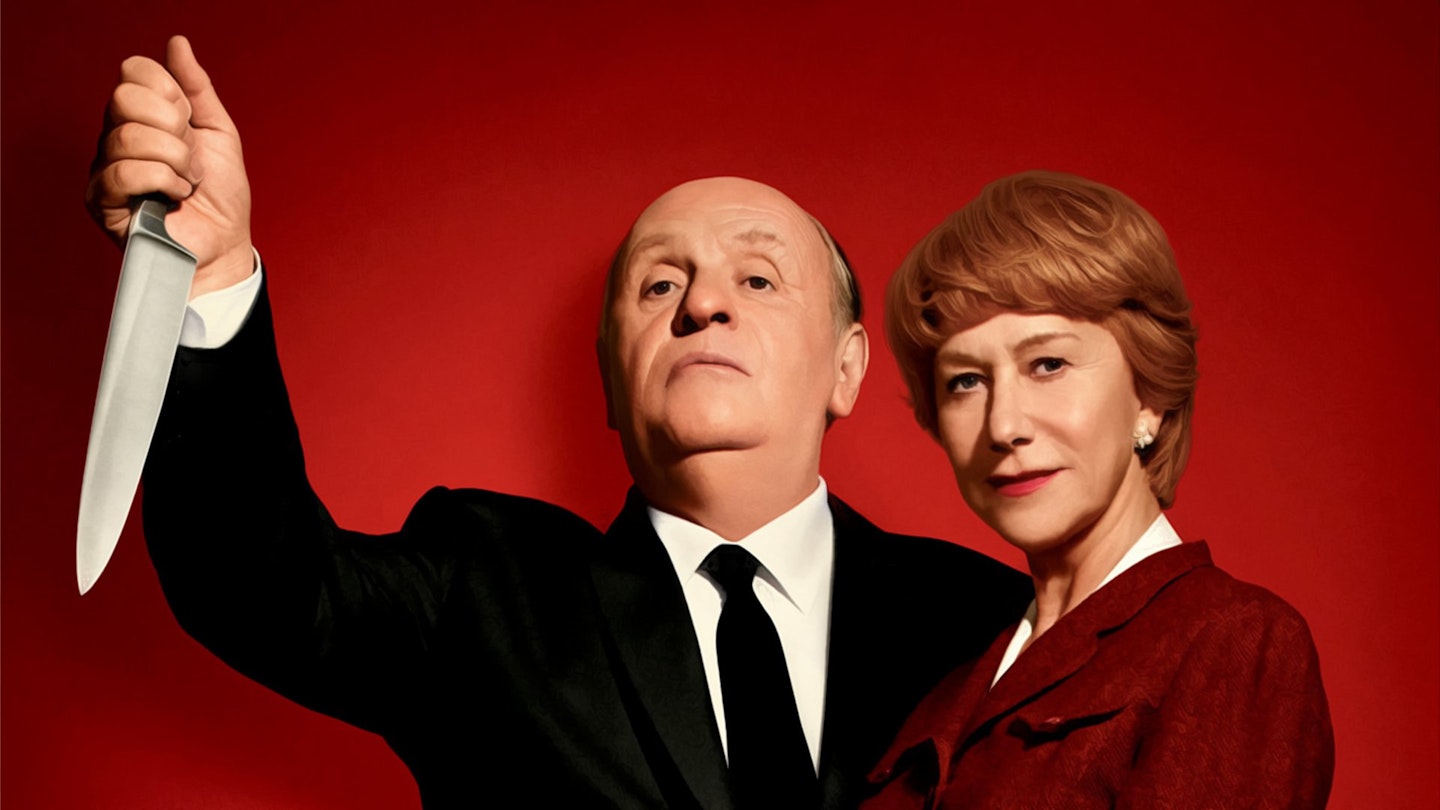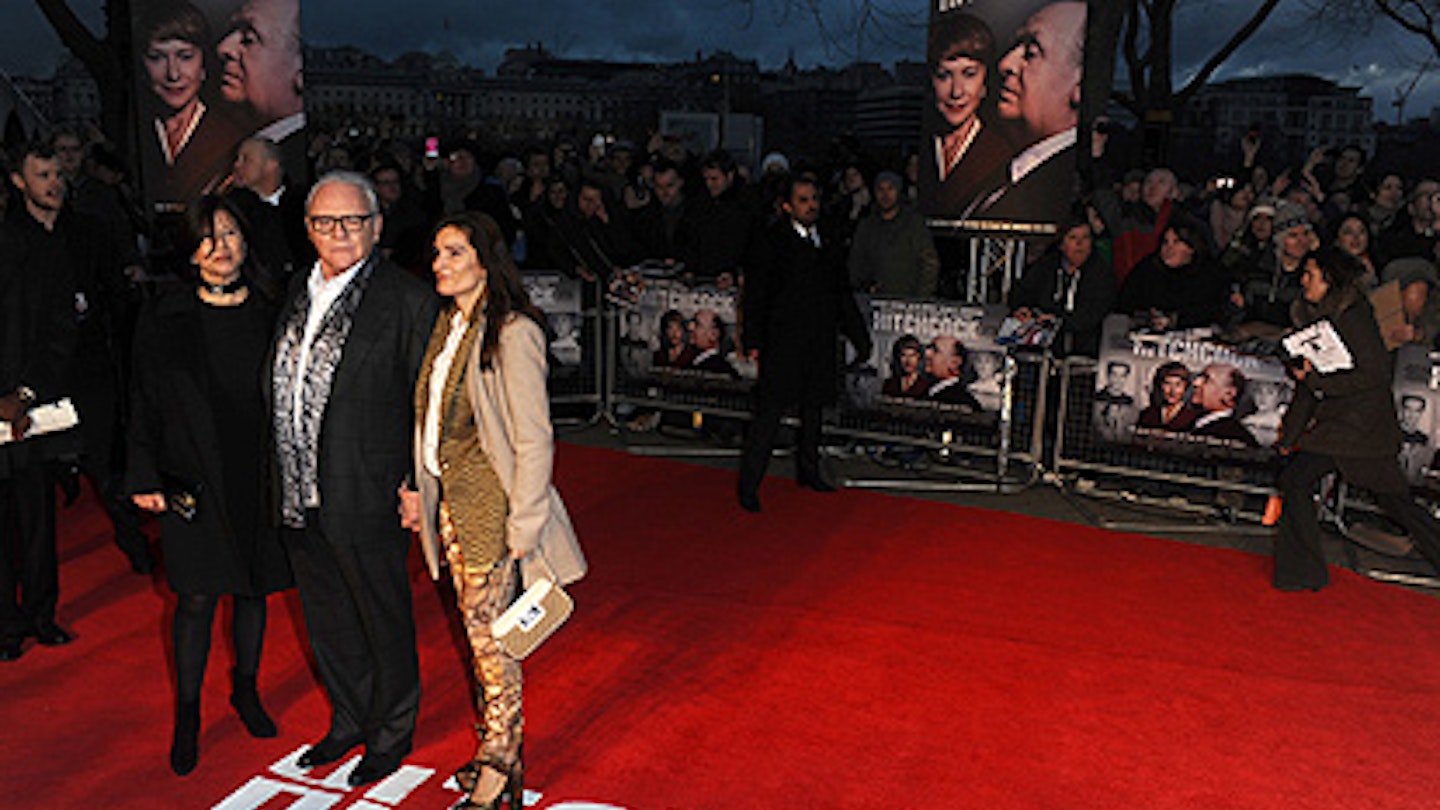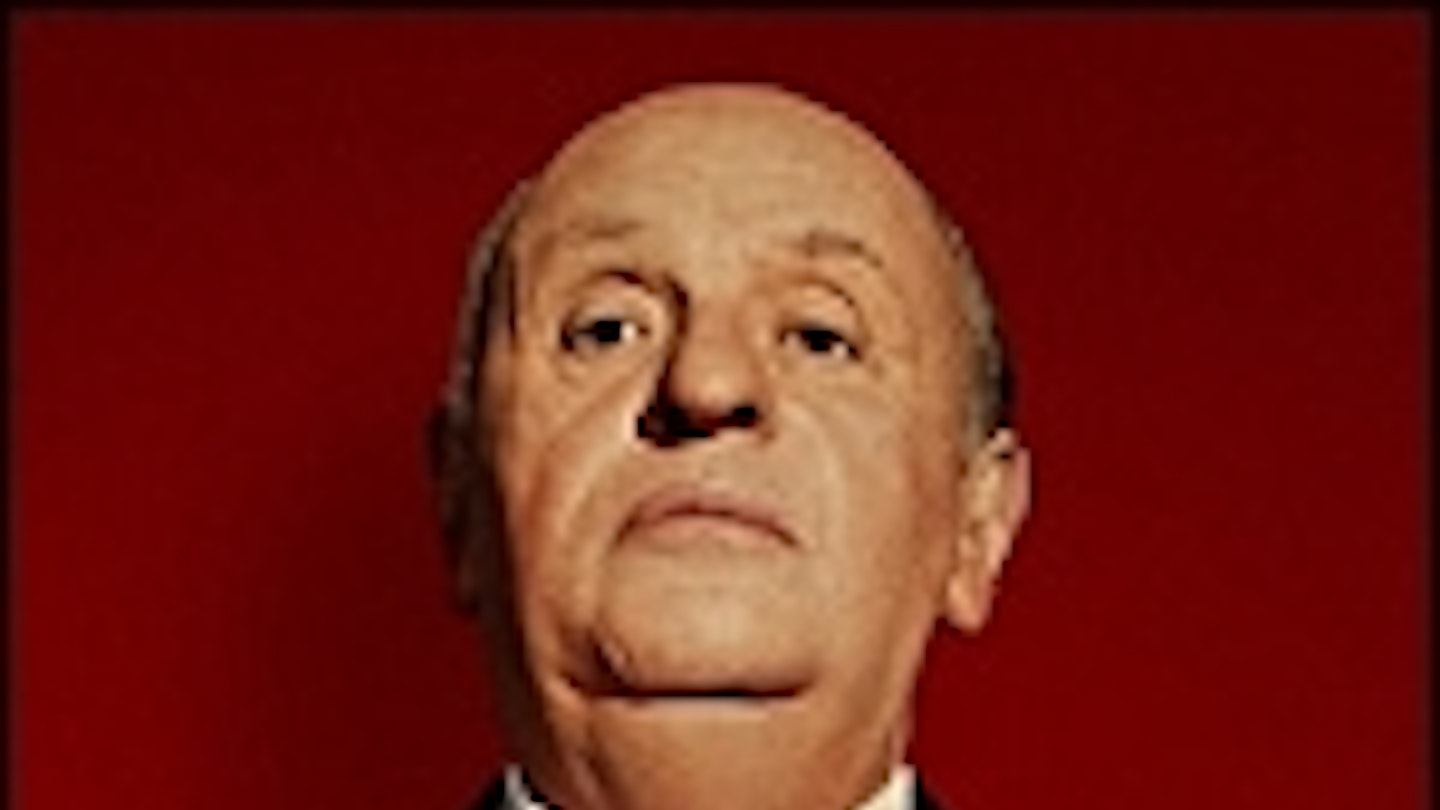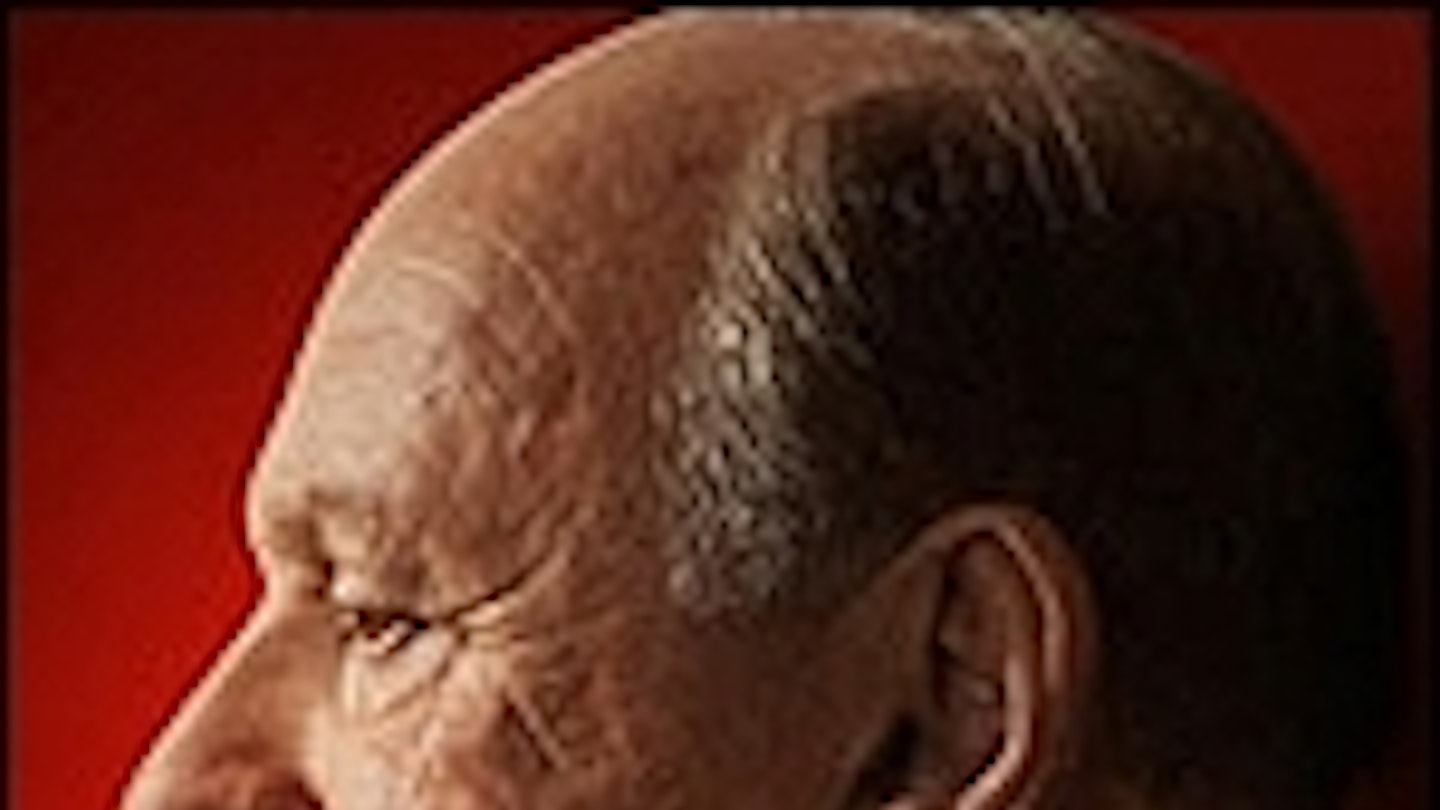Hitchcock might perplex Hitchcock. Not so much the insinuation that he was wrestling with personal as well as creative demons as he attempted his most audacious masterpiece. Hitch made great and bloody hay out of his own anxieties. He might also appreciate the keen focus — rather than serenading his whole career, in adapting Stephen Rebello’s Alfred Hitchcock And The Making Of Psycho, Anvil director Sacha Gervasi sharpens his attention solely on the moment a vulnerable Hitch (Anthony Hopkins) banked his career on Robert Bloch’s brew of transvestism and serial murder (based itself on Ed Gein’s mother fixation). This is a cranky, ageing genius fretting that his finest murders are behind him and his artistic partnership and marriage with Alma Reville (Helen Mirren) is showing signs of wear.
But why, Hitch might grumble, the placid direction and winsome air of old Hollywood tittle-tattle? Well-intentioned but shallow, Gervasi’s film has the blanched, TV-movie complexion of a drama that has turned out a yarn. And given that he was cinema’s great provocateur, Hitch would surely fume, why the hackneyed diagnosis? Gervais seems caught in two minds: psychoanalysis and Psycho-analysis, falling back on cod-psychology. A dot-to-dot guide to Alfred’s obsessions: he had a thing about blondes (never!); he was dependent on Alma (you don’t say!); he was sensitive about his weight (really?), and he could be a bit of a bully on set (astonishing!).
At least when portraying the dare of Psycho, we get teasing, clever scenes on soundstages and in studio anterooms as the literally buttoned-down director manipulates ratings board, studio and vulnerable cast alike. Scarlett Johansson gives a terrifically judged performance as Janet Leigh, all tremulous professionalism as she holds the big man at bay. Jessica Biel adds a touching sensitivity as Vera Miles, the blonde cast aside, and an underused James D’Arcy amusingly skips Anthony Perkins to go straight for Norman Bates.
Here, surely, is the place to ‘discover’ Hitch, at the dark heart of his creativity. Not in the juvenile paraphernalia of having him spar with a surly Gein (Michael Wincott) in the recesses of his subconscious, not leering through a spyhole to Vera’s dressing room (how he loved to watch!), and not in the soapy psychodrama of an ornery marriage, even if Mirren relishes the chance to spruce up dowdy Alma with her eloquent furies and sexy perspicacity; the secret difference between a good director and a great one.
Hopkins might argue, entirely fairly, that his is an interpretation of the man, not mimicry. Just as his beetling Nixon or snide Picasso (fuse those livewires and you somehow get Hitch) sought only their spirit, he draws a familiar outline. But this portly, pouty director fashioned his unlikely frame and puppy-dog manner into a Hollywood brand, and if you know him, you can’t shake him. Comparisons keep welling to the surface: how Hopkins’ eyes are too probing, his presence too superior, and his speech too quick and agitated for Hitch’s dawdling delivery, paced to an afternoon stroll. Hopkins is wily and entertaining, but never convincing.
Much the same could be said for Hitchcock the movie. There are cursory comic pleasures in the skirmishes between studio and quarrelsome filmmaker, wife and defiant husband, blonde and lascivious director, but Gervasi only succeeds in revealing the surface.



